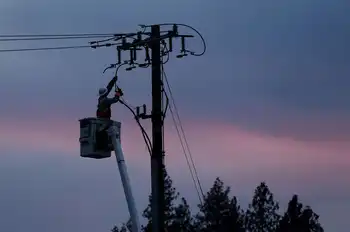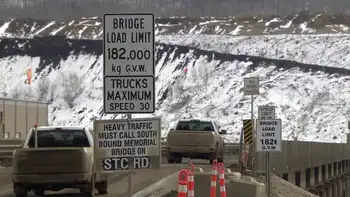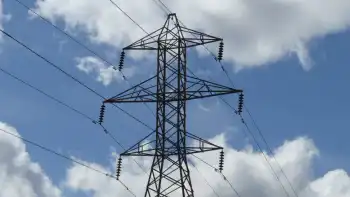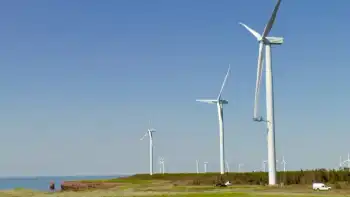Reid calls for solar plant at site of closed station
LAUGHLIN, CALIFORNIA - Senate Majority Leader Harry Reid called on the majority owner of the closed Mohave Generating Station in Laughlin to use the site for a solar power plant.
The 1,580-megawatt, coal-fired power plant was closed at the end of 2005 because the owners were unable to reach agreements on coal and water and, consequently, did not want to build air pollution control equipment required under an agreed court order.
"When the plant closed down, the local communities and Native American tribes lost valuable jobs," Reid said in a statement. "I am urging Southern California Edison to convert the plant and its assets into a vibrant solar power producer to give the area an economic boost."
In his letter to Southern California Edison President, Reid noted that the plant owners get $40 million yearly from selling sulfur dioxide credits to other industrial plants.
Industrial plants can sell sulfur dioxide credits, rather than continue to operate and spew out pollution. Reid suggested Edison and the other owners use that money to build a solar power plant. An Edison spokesman had no comment. Edison operated and owns 56 percent of Mohave. Nevada Power Co. owns 14 percent and the balance belongs to the Los Angeles Department of Water and Power and the Salt River Project in Arizona.
Roberto Denis, senior vice president of Nevada Power parent Sierra Pacific Resources, said Reid's idea was good but not new. Nevada Power has discussed using the site for a solar power plant or a gas-fired power plant, Denis said.
The quantity of gas, however, is limited and a solar power project would replace only a fraction of the power that the coal plant generated. Denis recalled that Nevada Power opposed plans to try to reopen Mohave as a coal plant because it would not be as clean as new coal-fired plants even after building air pollution reduction equipment.
"We did not want to invest billions of dollars in a plant that would continue to be a polluter," Denis said.
Related News
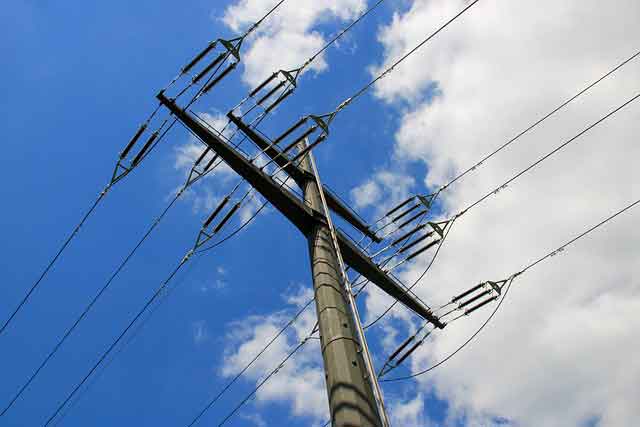
Tens of Thousands Left Without Power as 'Bomb Cyclone' Strikes B.C. Coast
VANCOUVER - A powerful storm, dubbed a "bomb cyclone," recently struck the British Columbia coast, wreaking havoc across the region. This intense weather system led to widespread disruptions, including power outages affecting tens of thousands of residents and the cancellation of ferry services, crucial for travel between coastal communities. The bomb cyclone is characterized by a rapid drop in pressure, resulting in extremely strong winds and heavy rainfall. These conditions caused significant damage, particularly along the coast and on Vancouver Island, where flooding, landslides, and fallen trees blocked roads, further complicating recovery efforts.
The storm's ferocity was especially felt in…

